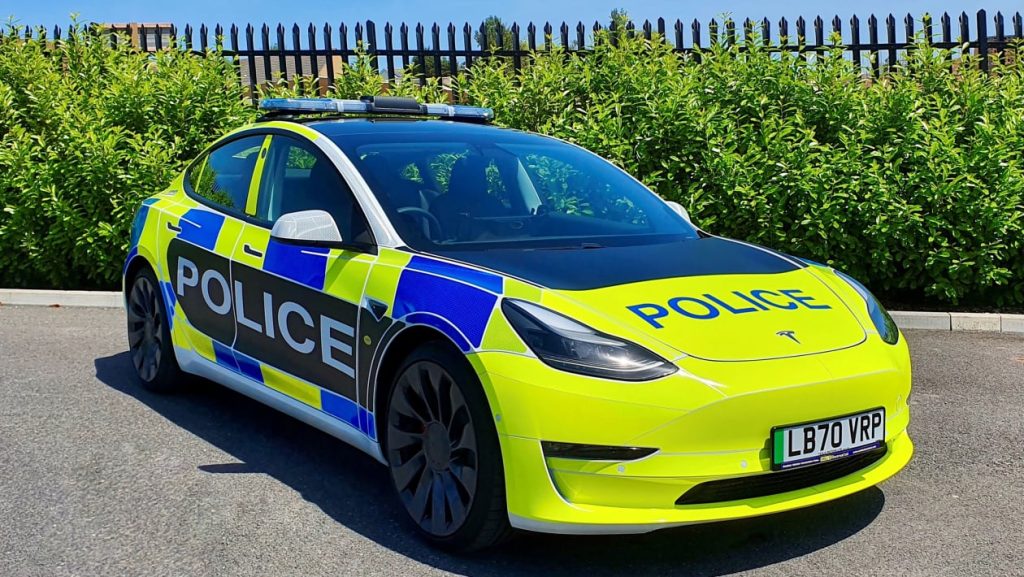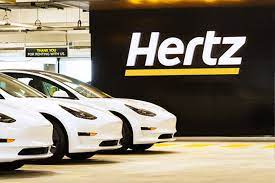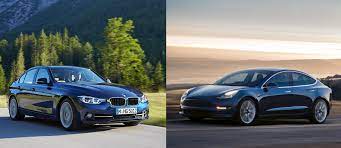The daily mail, a British tabloid newspaper, has a habit of writing sensationalist articles.
They have published an article today which states “Families could face new £765 annual green tax on cars as ministers plan new levies for electric vehicles to fill £34billion black hole left by the death of fuel duty” as its title – with details saying the figure comes from the AA later in the article (AA is a roadside rescue firm).
Now this is clearly click-bait. The article is written to make out that electric cars are going to have to be taxed far higher, in order to make up the governments funding. Now there are several problems with their arguement.
- The government spends roughly 1 trillion pounds a year, so 34 billion is roughly 3%. While this is significant, it is amongst the governments total spending, a rounding error. There are many places that the government could raise this money
- Public sector spending on roads in the United Kingdom reached 10.94 billion British pounds in 2019/20, an increase of 820 million British pounds when compared with the previous year.
- The improvement in air quality could see a noticeable improvement in health from a breathing point of view. Currently 11 billion is spent a year, on conditions caused or exacerbated by pollution. It would be conceivable, that the benefit to the countries health could alone increase productivity by 3%
- The reduction in carbon emissions is likely to lead to a reduction in money needed to be spent on mitigating the damage done
This is the standard form of article that the daily mail puts out, and indeed while there are very occasional articles that share concern for climate change, the daily mail has put out far more which take swipes at electric cars and any other way that the government might try to change our behaviour.
From an article as early as 2010, the writer claimed that the range will never be good enough bizarrely stating that they can drive their diesel car 800 miles on a tank – at motorway speeds, even assuming speeding that is 10 hours during which time you will need at least a handful of stops for food and a toilet break. Modern electric cars can gain 200 miles range or even more in 15 minutes charging.
Indeed, even last year they published an article claiming that 1 in 3 cannot afford an electric car. Now they quoted a figure of at least £2100 spent on their current car as the point at which electric cars would become affordable. By 2030 there are likely to be far more ‘runabout’ cars and similar, but the simple fact, is that most people will be spending at least £1500 on fuel a year. Given that electric cars last longer, and these people they are referring to, are likely to hold onto their car as long as possible, and probably do not buy new anyway we can assume the car is kept for at least 10 years. Electric charging is much cheaper, so you can be expecting to save at least £1200 per year, an amount that more than makes up for the initial higher price of purchase (the article states that entry level electric cars are around £5000 more expensive, so a purchaser will be better off after 4 – 5 years). There may have to be a change in car loan terms, to make borrowing more affordable, but this is all.
Articles on the difficulty of charging, range longevity and many more, are published every few weeks (or more regularly).
What is the daily mails problem?
Every country around the world seems to have a similar publication. Yes electric cars create slightly more emissions at manufacture (though this gap is narrowing) and yes they can be more expensive however prices are falling and the cost of ownership over the lifetime of the vehicle is significantly lower. Importantly environmental costs are far lower, and given the situation that the human race finds itself in, having to cut our emissions to zero pretty fast – caused I should note, largely by the sort of companies that newspapers like the daily mail praises constantly- we have no choice. The best impact that the daily mail can have is slowing the change. Given that the daily mail is based on a island, a place which stands to loose much from extreme global warming not least in terms of land. This sort of slanted analysis is only useful for confirming your biases.
It should be avoided (though the daily mail gives plenty of subjects to write on)















